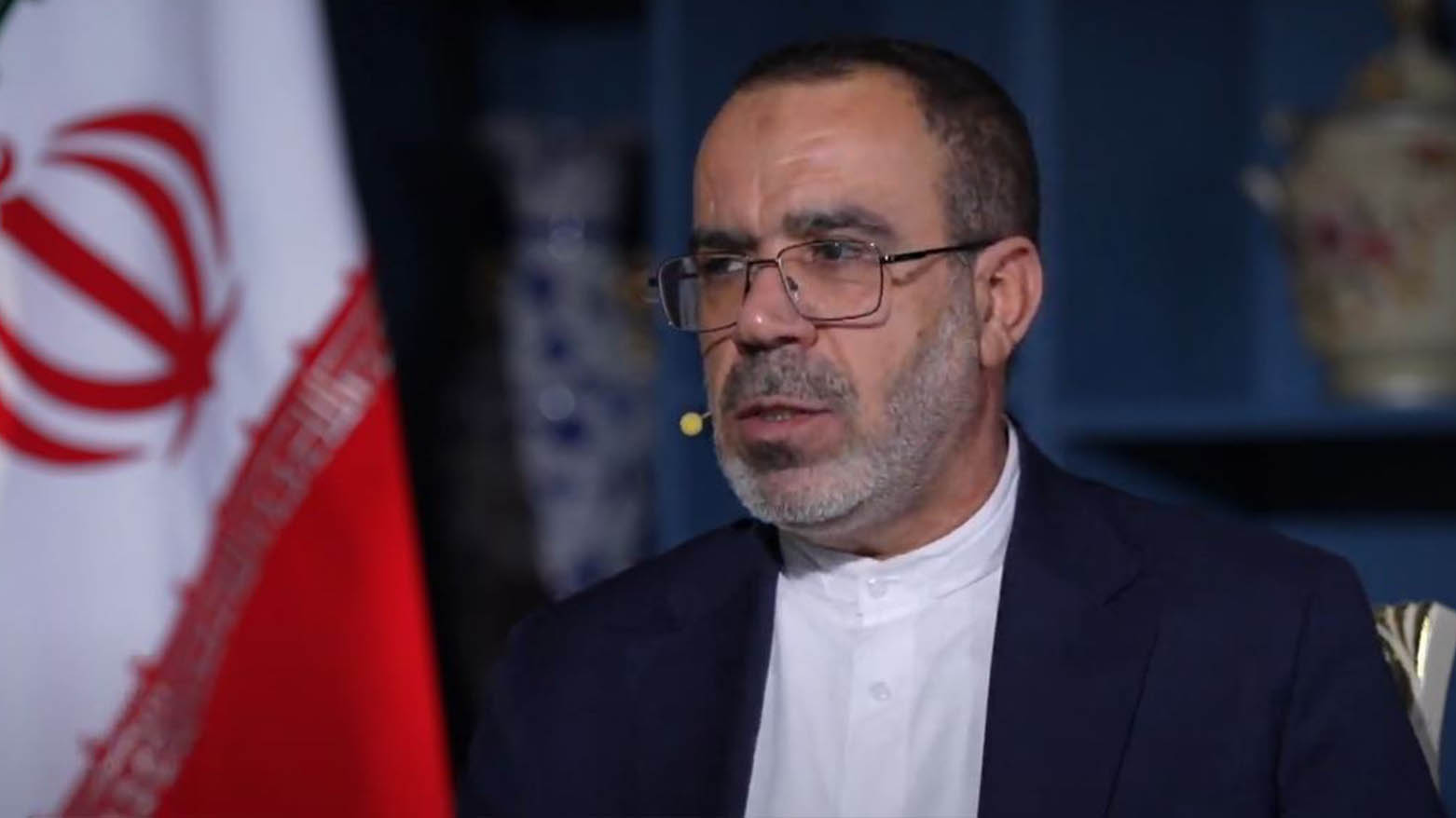Iranian Consul General: Erbil–Tehran Ties Stronger Than Ever
The Consul General also revealed that during the recent 12-Day War with Israel, Iran had three key expectations from the Kurdistan Regional Government (KRG), all of which were met positively.

ERBIL (Kurdistan24) – The Iranian Consul General in Erbil, Faramarz Asadi, said on Thursday that relations between the Kurdistan Region and the Islamic Republic of Iran have reached their strongest point to date.
“There are not two nations living on either side of this border, but one nation, which has further strengthened the relationship between them,” Asadi told Kurdistan24.
He noted that people on both sides of the border share close familial and cultural ties, while politically, cooperation between the Kurdistan Region and Iran is at its peak.
“As you know, when the President and Prime Minister of the Kurdistan Region visited Tehran, and the highest political official, President Masoud Pezeshkian, visited the Kurdistan Region, it demonstrated the depth and vitality of our relations,” Asadi said.
The Consul General also revealed that during the recent 12-Day War with Israel, Iran had three key expectations from the Kurdistan Regional Government (KRG), all of which were met positively.
“One expectation was for the Kurdistan Region’s media, including Kurdistan24, to maintain impartiality in covering the conflict and to report only verified news,” he explained.
“Our expectation from the Kurdistan Region, as our neighbor, brother, and ally, was that it would not become a source of attacks against the Islamic Republic of Iran during the 12-Day War,” he added.
Asadi expressed gratitude to the Kurdistan Region and its media for their professionalism and balanced coverage. “We want to thank Kurdistan24 and other media outlets in the Kurdistan Region for their impartial reporting and commitment to journalistic integrity,” he concluded.
The 12-Day War was a conflict between Israel and Iran that took place from June 13 to June 25. This conflict represented a significant escalation in the ongoing shadow war between the two nations, involving direct military exchanges with the United States. It concluded with a ceasefire brokered by the U.S.
On June 13, Israel initiated a surprise airstrike, codenamed "Operation Rising Lion," targeting numerous military and nuclear sites across Iran, including the Natanz and Fordow nuclear facilities. The strike resulted in the deaths of military commanders and nuclear scientists.
On the same day, Iran retaliated with attacks dubbed "Operation True Promise III," launching hundreds of ballistic missiles and drones at Israeli cities such as Tel Aviv and Haifa.